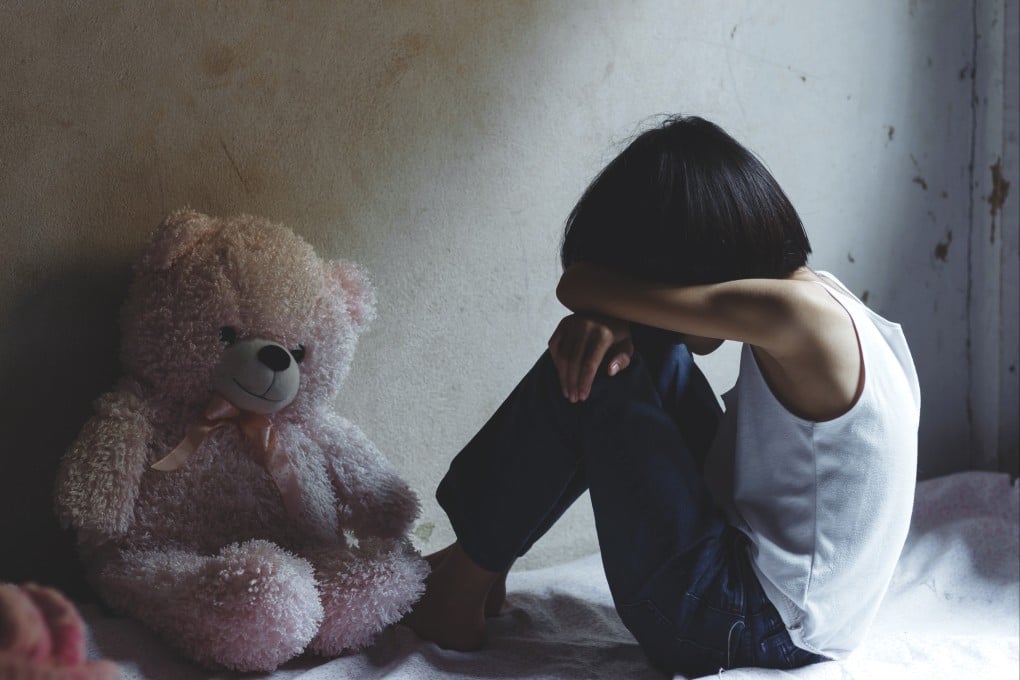Opinion | Overdue child abuse law reforms a good place to start for Hong Kong’s policy address
- Changes should include a requirement to report suspected child abuse, while psychological and online abuse must also be covered, and corporal punishment banned in all situations

In the first quarter of this year, 279 cases were recorded, up from 166 in the same period last year, with girls the primary victims. Physical abuse accounted for 113 cases, sexual assault for 86 cases, neglect for 67 cases, psychological abuse for three cases, while 10 cases involved multiple abuse.
Whereas 41.4 per cent of the cases last year concerned physical abuse, 33.3 per cent involved sexual abuse, 21.4 per cent were neglect-related, 1.1 per cent involved psychological abuse, and 2.9 per cent were multiple abuse cases.
But, however instructive, the department’s statistics are incomplete, and most child abuse cases never appear on the radar. There is, of course, no statutory duty to report suspected cases, and this hinders early intervention to protect vulnerable children.
Even professionals have sometimes failed to follow up on warning signs, while others have simply treated a child’s suffering as “none of my business”. The case, therefore, for mandatory reporting is now irrefutable.

